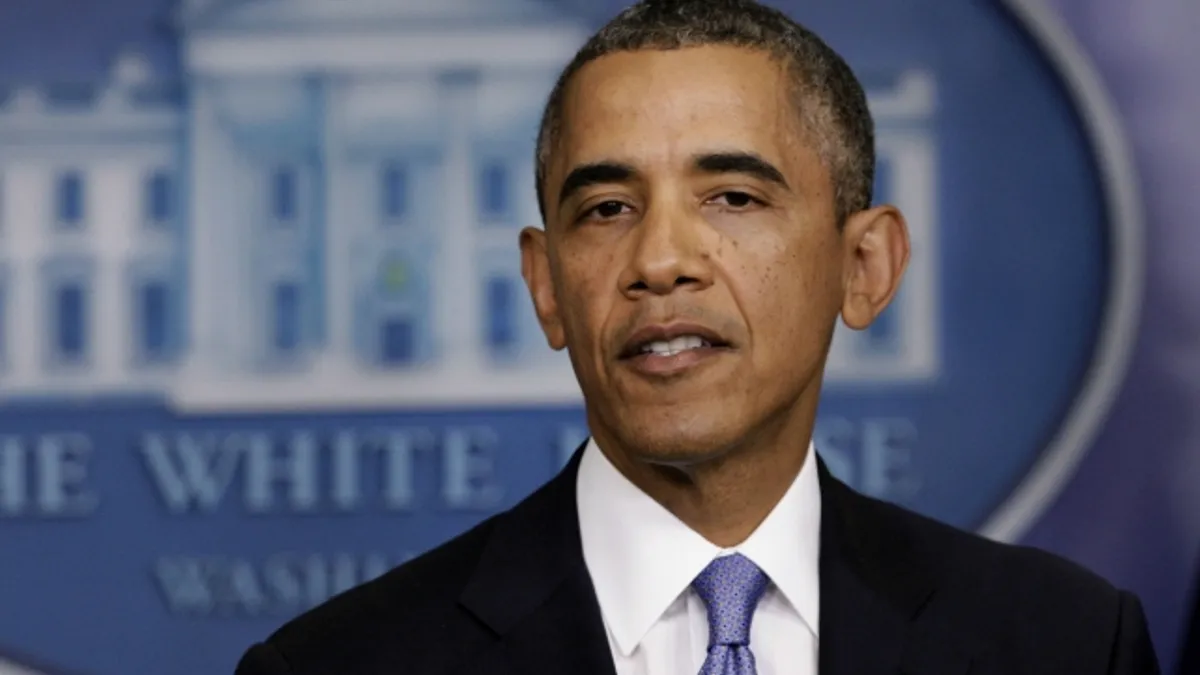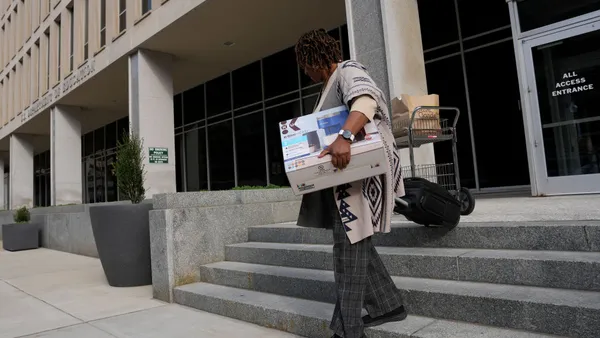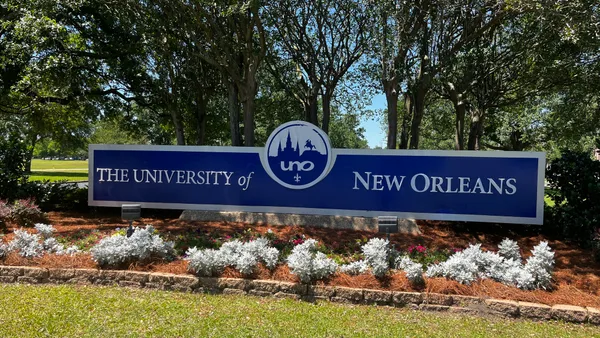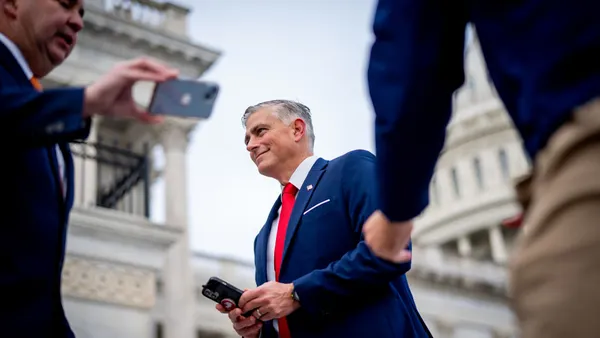President Barack Obama and first lady Michelle Obama hosted about 100 college and university leaders, plus dozens of leaders of nonprofits, at a summit last week meant to find ways to increase the affordability and accessibility of higher education to low-income students. The summit was one way Obama hopes to force change without having to rely on Congress.
Of course, not everyone was satisfied with the summit or the promises that came out of it. Community college leaders, in particular, say that the gathering ignored those who are already doing the most to help and educate low-income students. And writing for the Hechinger Report, Jon Marcus argues that while the administration says it wants to help low-income students, federal policy has increasingly been shifting toward financial aid and tax rules that benefit families who are better off.
Out of the summit came a 91-page White House document summarizing the pledges. Here are six of the most noteworthy pledgers and their promises:
The College Board
The pledge: The group that administers the SAT is helping more low-income students apply to colleges by announcing that income-eligible students who take the college entrance exam will receive four fee waivers to apply to college, helping the students potentially save hundreds of dollars in college application fees.
Yale University
The pledge: The Ivy League school came up with a multi-pronged promise: It is sending hundreds of its students from low-income families back to their home communities to make presentations about admissions and financial aid. In a joint effort with Harvard, Princeton, and the University of Virginia, the school is also doing information sessions in 18 cities where Ivy League applications are typically low. The university will also expand a program that lets incoming freshmen from low-income families spend five weeks free on campus during the summer.
Tufts University
The pledge: The Boston-area university says it will begin a program that lets low-income students take advantage of a concept not often available to them: the "gap year." That break between the senior year of high school and freshman year of college is often used to do community service. Tufts says it will use financial aid to make a gap year possible for all students. Princeton and the University of North Carolina have a similar program.
Posse Foundation
The pledge: The foundation says it is doubling the number of schools committed to science, technology, engineering and math "Posses." The nonprofit organization — one of a handful that Obama chose as a recipient of his Nobel Peace Prize money — is meant to identify urban public high school students who may otherwise be overlooked by colleges. The five new university partners for STEM Posses are Davidson College, Georgetown University, Middlebury College, Pomona College, and Smith College. The expansion will provide 250 students a chance to earn STEM degrees at top-tier institutions over the next five years.
University of Chicago
The pledge: The school announced the College Success Initiative, which will provide tools and training to people to help improve college readiness for underserved students. The initiative plans to reach 10,000 schools nationwide in five years. The $10 million program was funded by a gift from a university trustee.
Northeastern University
The pledge: Boston Public School students living near the university will have 30 new scholarships covering 100% of their financial need available to them as of this year, thanks to the university's commitment. The school is also putting a heavy emphasis on practical financial education. It plans to teach students how to lower their education debt, manage personal credit, and finance home and car purchases.
Would you like to see more education news like this in your inbox on a daily basis? Subscribe to our Education Dive email newsletter! You may also want to read Education Dive's look at how much 6 districts paid for 1:1 tech rollouts.














